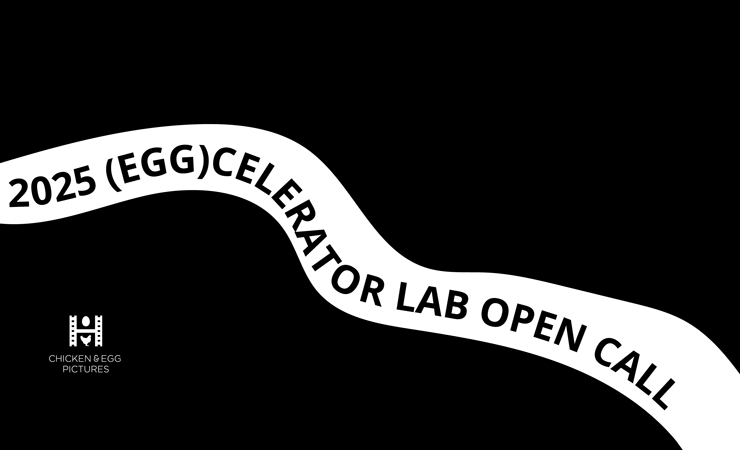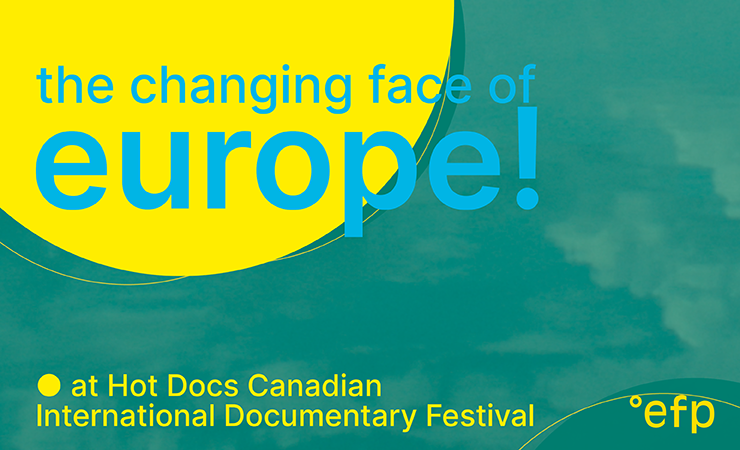
‘We don’t measure how much silence hurts until the day we speak’ filmmaker Asmae El Moudir says at the end of an emotional and painful search for the truth about tragic events in the year of 1981 in Casablanca, Morocco. This personal quest leads to emotional breakdown as it reveals the intricate relationships in her family, but provides much needed catharsis.
The almost complete lack of photographic records from her own and her parents’ past – her unyielding, dictatorial grandmother burnt every single picture – drove Asmae el Moudir towards an unusual, though not unprecedented, way of presenting her story – through intricate modelmaking.
The director moves her father, his wife and his mother, as well as two neighbours, to a studio in order to recreate the past, and more specifically to tell of the Casablanca Bread Riots from 1981. Those riots came about after enormous price increases in basic food stuffs, such as flour, in Morocco.
In the studio, father Mohamed recreates in miniature, and in minute detail, their neighbourhood. We see each house, with all their rooms, their inhabitants and effects, including flickering television screens and realistic photographs on the miniature walls.
Back in 1981, young people, mainly from the poor neighbourhoods, took to the streets to demonstrate, but the police and military responded violently to this show of resistance. In the days that followed, young men were taken from their homes on suspicion of complicity in the protests – they were murdered, or tortured and put behind bars for years. In total, more than 600 people were killed.
These events are intuitively reconstructed: Asmae El Moudir’s voice-over paints memories while a miniature figurine portraying her young self runs through the miniature streets to have a photo taken in honour of an Islamic holiday. The camerawork and the addition of lighting and realistic street sounds take you right into that festive day and her desire to have her portrait captured for the first time in her life.
Prior to this melancholy-filled scene, we see the filmmaker install her autocratic grandmother’s hearing aid with some impatience. We don’t know yet how much of an impact those wicked, all-hearing ears had on the lives of their family and neighbours. Did she maybe inform on the people living next door? And what secrets hide behind the grandmother’s cold eyes?
The entire documentary takes place in the model studio. But as they relive their traumatic past, the various protagonists have to relate to each other, to the filmmaker and to events. This produces intriguing and uncomfortable situations. The grandmother – as small and old as she is, she remains an intimidating presence – barks at her neighbours and complains about the appearance of her figurine before shattering the caricature portrait of herself. The filmmaker’s father, continually perfecting the set and its figurines throughout the documentary, talks wistfully about meeting director El Moudir’s mother, who in turn finally stands up to her mother-in-law.
The story of a neighbour, one of many victims of government retaliation at the time, is impressive in a gruesome way. In a tiny and cramped, but perfectly rendered, prison cell he lays out figurines – one of them being himself – and painfully recounts what happened. It hurts to see how he suffers physically and mentally from reliving the experiences, but at the same time he cannot stop reconstructing the past.
The beautifully made, atmospheric and almost suffocatingly intimate film (no emotion escapes the all-seeing eyes of DOP Hatem Nechi) shows the effects of lives lived in secrecy. Asmae El Moudir wanted this project to restore memories of her family and loved ones, at the same time hoping for reconciliation. This is a courageous but at the same time very risky experiment, because you never know what happens when you take the lid off a very well-sealed jar that has held those extremely painful memories for more than 40 years. The director may not have found what she hoped for, but she manages to deeply humanise the characters, including her grandmother, a killjoy par excellence, and to teach us something about some really dark pages of Moroccan history along the way.
96 mins, 2023, Morocco
Writer/director Asmae el Moudir
DOP Hatem Nechi
Production Manager Rachida Saadi
Editor Asmae el Moudir
Set design Mohamed el Moudir
Sound recording Reda Fares
Sound design Michael Fawzy
Music Nass el Ghiwane
World sales Autlook Filmsales
Produced by Insightfilms
With Zahra Jedat, Mohamed el Moudir, Quarda Zorkani, Abdallah Zouid, Said Masrour










